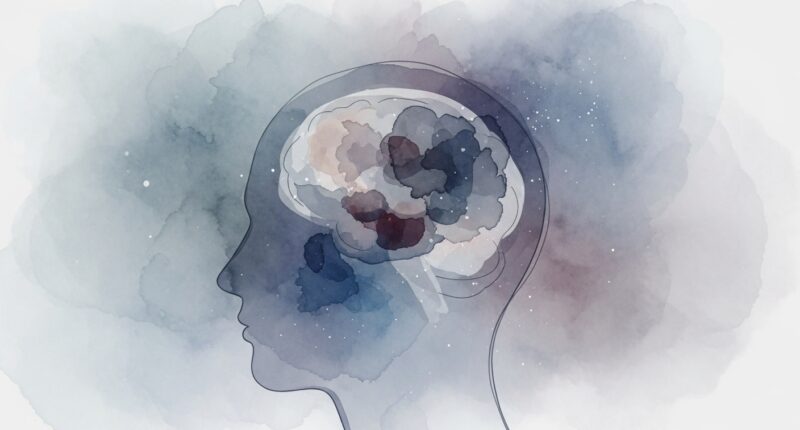Momentary failures of attention experienced after poor sleep coincide with a wave of cerebrospinal fluid (CSF) flowing out of the brain, a process that typically occurs during sleep to wash away waste products.
A new study from the Massachusetts Institute of Technology (MIT) reveals that this flushing, which is necessary for maintaining a healthy brain, appears to intrude on wakefulness when a person is sleep-deprived.
The researchers found that while the body attempts to catch up on this cleansing process, it comes at the cost of dramatically impaired attention.
“If you don’t sleep, the CSF waves start to intrude into wakefulness where normally you wouldn’t see them. However, they come with an attentional tradeoff, where attention fails during the moments that you have this wave of fluid flow,” says Laura Lewis, the Athinoula A. Martinos Associate Professor of Electrical Engineering and Computer Science.
Measuring brain waves
The study, which appears in Nature Neuroscience, recruited 26 participants who were tested once after a night of sleep deprivation and once when well-rested. Using EEG and modified fMRI scanners, the team measured brain waves, CSF flow, heart rate, breathing, and pupil diameter while participants performed attentional tasks.
As expected, sleep-deprived participants performed significantly worse, exhibiting slower response times and a higher rate of missed stimuli. During these attention lapses, the researchers identified a significant flux of CSF out of the brain, which flowed back in after the lapse.
These lapses were also linked to decreases in breathing and heart rate, along with pupil constriction, which began approximately 12 seconds before the CSF flowed out of the brain.
“What’s interesting is it seems like this isn’t just a phenomenon in the brain, it’s also a body-wide event. It suggests that there’s a tight coordination of these systems, where when your attention fails, you might feel it perceptually and psychologically, but it’s also reflecting an event that’s happening throughout the brain and body,” Lewis says.
The researchers suggest this indicates a single, unified circuit controlling both attention and fundamental bodily functions.
“These results suggest to us that there’s a unified circuit that’s governing both what we think of as very high-level functions of the brain — our attention, our ability to perceive and respond to the world — and then also really basic fundamental physiological processes like fluid dynamics of the brain, brain-wide blood flow, and blood vessel constriction,” Lewis says.











